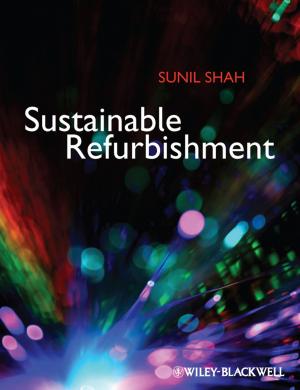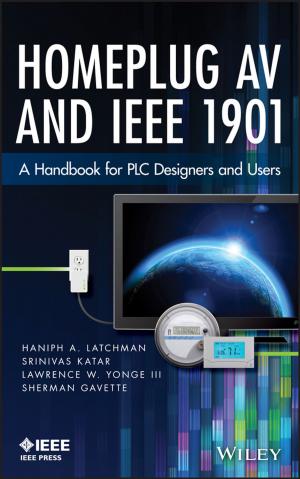| Author: | Adrian Howkins | ISBN: | 9781509502011 |
| Publisher: | Wiley | Publication: | November 20, 2015 |
| Imprint: | Polity | Language: | English |
| Author: | Adrian Howkins |
| ISBN: | 9781509502011 |
| Publisher: | Wiley |
| Publication: | November 20, 2015 |
| Imprint: | Polity |
| Language: | English |
The environmental histories of the Arctic and Antarctica are characterised by contrast and contradiction. These are places that have witnessed some of the worst environmental degradation in recent history. But they are also the locations of some of the most farsighted measures of environmental protection. They are places where people have sought to conquer nature through exploration and economic development, but in many ways they remain wild and untamed. They are the coldest places on Earth, yet have come to occupy an important role in the science and politics of global warming.
Despite being located at opposite ends of the planet and being significantly different in many ways, Adrian Howkins argues that the environmental histories of the Arctic and Antarctica share much in common and have often been closely connected. This book also argues that the Polar Regions are strongly linked to the rest of the world, both through physical processes and through intellectual and political themes. As places of inherent contradiction, the Polar Regions have much to contribute to the way we think about environmental history and the environment more generally.
The environmental histories of the Arctic and Antarctica are characterised by contrast and contradiction. These are places that have witnessed some of the worst environmental degradation in recent history. But they are also the locations of some of the most farsighted measures of environmental protection. They are places where people have sought to conquer nature through exploration and economic development, but in many ways they remain wild and untamed. They are the coldest places on Earth, yet have come to occupy an important role in the science and politics of global warming.
Despite being located at opposite ends of the planet and being significantly different in many ways, Adrian Howkins argues that the environmental histories of the Arctic and Antarctica share much in common and have often been closely connected. This book also argues that the Polar Regions are strongly linked to the rest of the world, both through physical processes and through intellectual and political themes. As places of inherent contradiction, the Polar Regions have much to contribute to the way we think about environmental history and the environment more generally.















